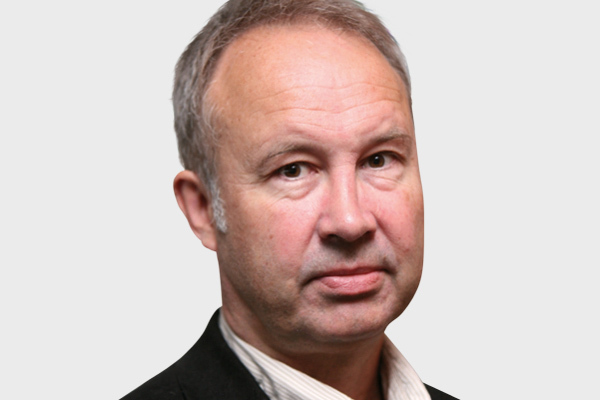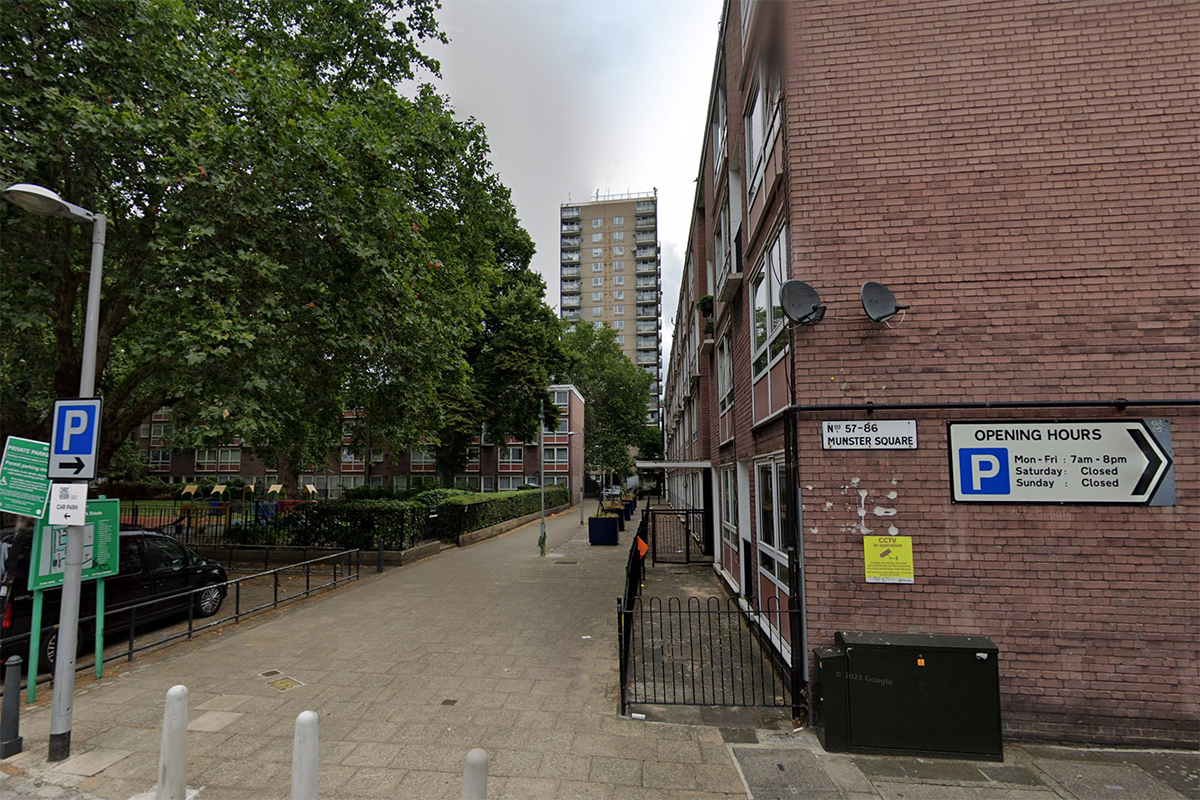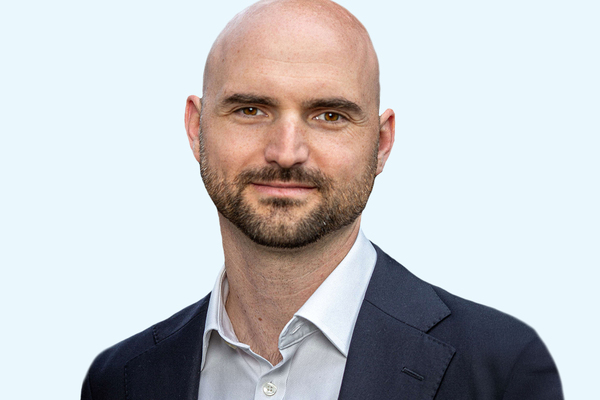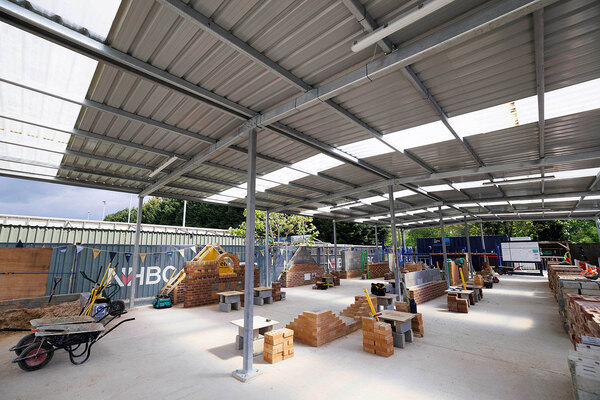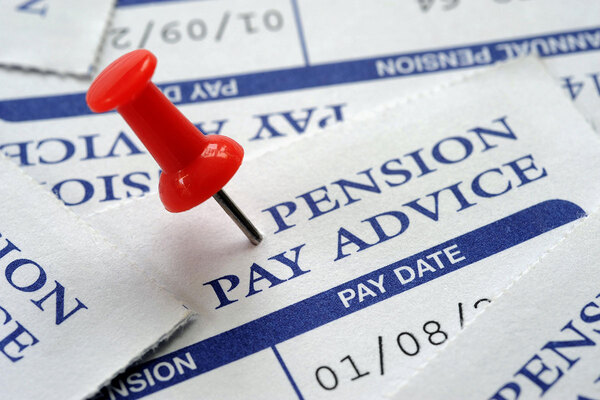You are viewing 1 of your 1 free articles
Spending Round: government injects £40m into DHPs but is silent on LHA rates
An extra £40m in housing cost top-ups for private renters has been unveiled as part of today’s Spending Round, but no announcement has been made on future benefit levels.
The Spending Round 2019 document, which sets out the budget settlement for each government department, includes a £106m package for the Department for Work and Pensions in 2020/21.
Of this, £40m has been earmarked as additional funding for Discretionary Housing Payments (DHPs) “to tackle affordability pressures in the private rented sector in England and Wales”.
DHPs are allocated annually to councils to provide financial support for private tenants whose housing benefit or Universal Credit housing element does not cover the rent as a means of mitigating welfare cuts like the bedroom tax and benefit cap.
Local authorities in England and Wales were allocated £139.5m in DHP funding for 2019/20 in the 2015 Summer Budget, down from £153m in 2018/19 and with levels previously set to decrease again next year.
The spending documents make no mention of Local Housing Allowance (LHA) – the formula used to calculate housing benefit levels.
It is intended to reflect the lowest 30th percentile of local private rents to give welfare claimants access to a portion of the market, but in practice it often falls well below the market in more expensive regions.
LHA rates have been frozen since 2015, with Conservative West Midlands mayor Andy Street among those to blame low benefit levels for rising homelessness.
Crisis said yesterday that ending the freeze could lift 35,000 out of poverty in the next three years.
In response, the DWP said there were “no current plans to extend or maintain the benefit freeze after March 2020” and that decisions would be made “as part of wider government fiscal planning in due course”.
The £106m DWP package announced today also includes £36m to make sure the department’s “decision-making is accurate” and application processes are “straightforward and accessible”, as well as establishing a new independent Serious Case Panel to improve safeguarding.
Another £7m will pay for more Jobcentre Plus advisors in schools for young people with special educational needs, and for expanding the Access to Work internship programme for disabled people.
The remaining £23m has been designated for “a range of other measures” including support for vulnerable claimants migrating to Universal Credit and extra outreach activities for homeless people.
Chancellor Sajid Javid also announced £54m aimed at helping to tackle rough sleeping and homelessness.
Mike Thiedke, chief executive of homelessness charity Depaul, said it was “disappointing” that action had not been taken to raise LHA rates.
He added: “The gap between rents and housing benefit is trapping young people in homelessness.
“This gap means it will remain very hard for councils to help young people find housing, despite the welcome new £54m to tackle rough sleeping and homelessness.”



